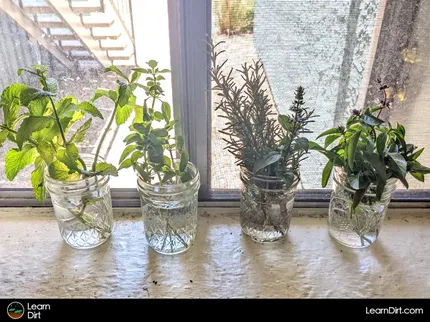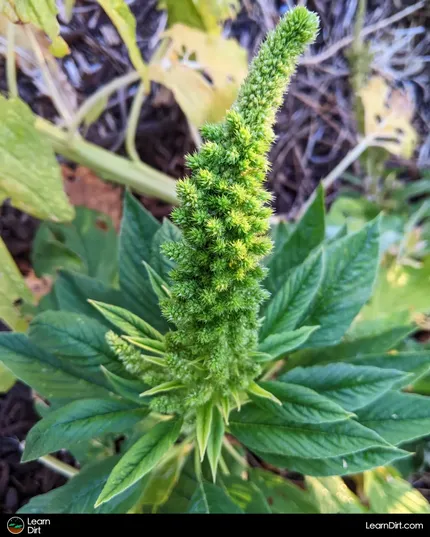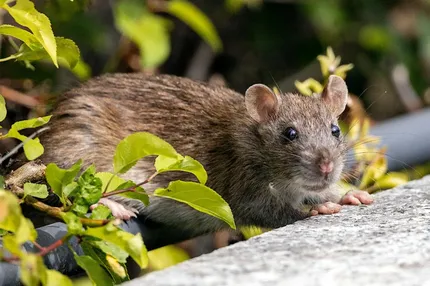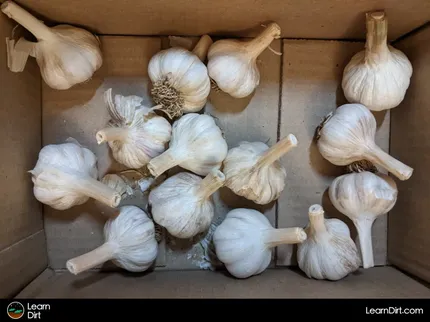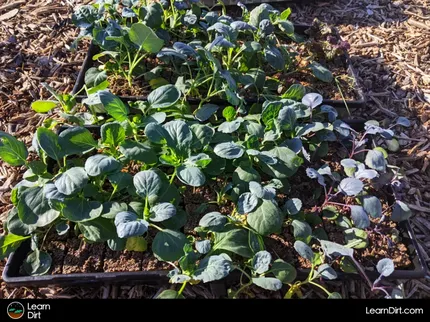Table of Contents
- Pests Are Symptoms, Not Causes
- Is Your Garden Microbiome Healthy?
- Controlling Pests With Companion Planting
- Attract Beneficial Insects
- Introduce Beneficials (Carefully) Into Your Garden
- Natural Control for Specific Garden Pests
- Final Thoughts...
* Our articles never contain AI-generated slop *
If you're an organic gardener and are curious about how to control pests naturally, you're in the right place!
It's important to remember that pests will always be present in organic gardens. If something's not eating your garden, it's not a part of the ecosystem and the ecosystem will not be healthy.
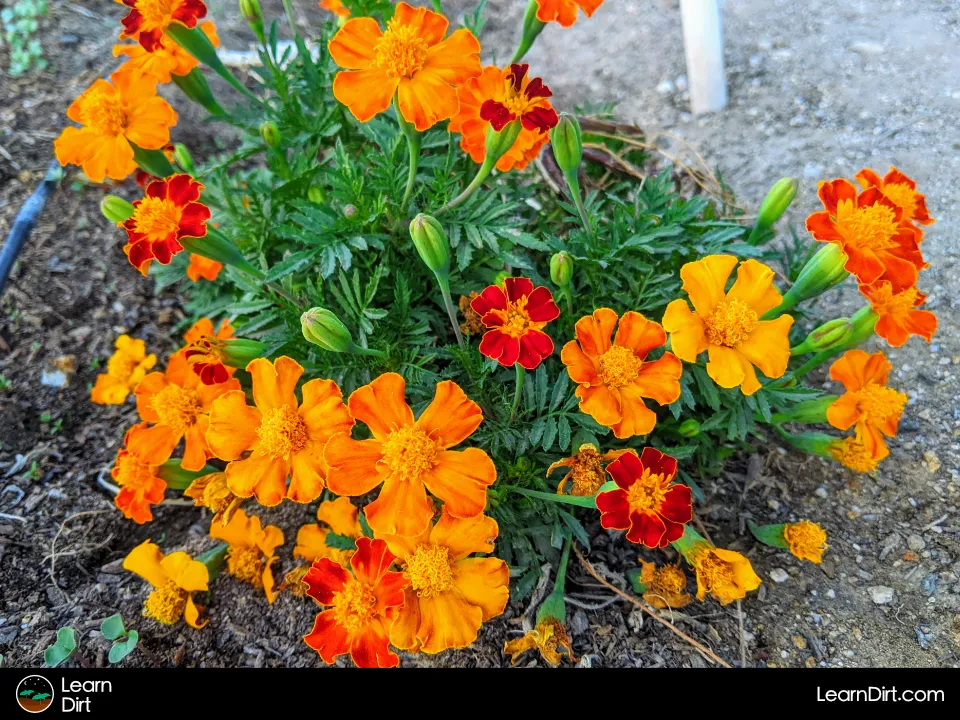
Unless you're growing indoors in a sterile synthetic grow, you're going to have pests (and even then, they'll show up. IYKYK!)
Disclaimer: This post may contain affiliate links. Refer to the privacy policy for more information.
You can learn how to work with them, around them, and to balance their populations in natural ways though to reduce your crop loss and your frustration.
As you probably already know, using synthetic sprays and pesticides is, frankly, terrible for the entire ecosystem. Insecticides often indiscriminately harm beneficial insects, poison animals, and derail the delicate balance of our garden ecosystems.
Rather, I suggest natural methods for controlling pests in the garden without resorting to chemical eradication of entire pieces of your ecosystem.
Let's talk about some of your options for working with your ecosystem to naturally balance out pests, rather than fighting against it.
Pests Are Symptoms, Not Causes
We often look at pests as the source of all our garden woes.
I used to share the common opinion that if I could just get rid of them little buggers, my garden would be perfect. It was all the pests' fault!
Join The Grower's Community
Find your people.
Your voice matters here 🌱
Check It Out!
Let's consider a different mindset though, one in which pests are simply messengers.
From this perspective, pests act as indicators of an unhealthy ecosystem.
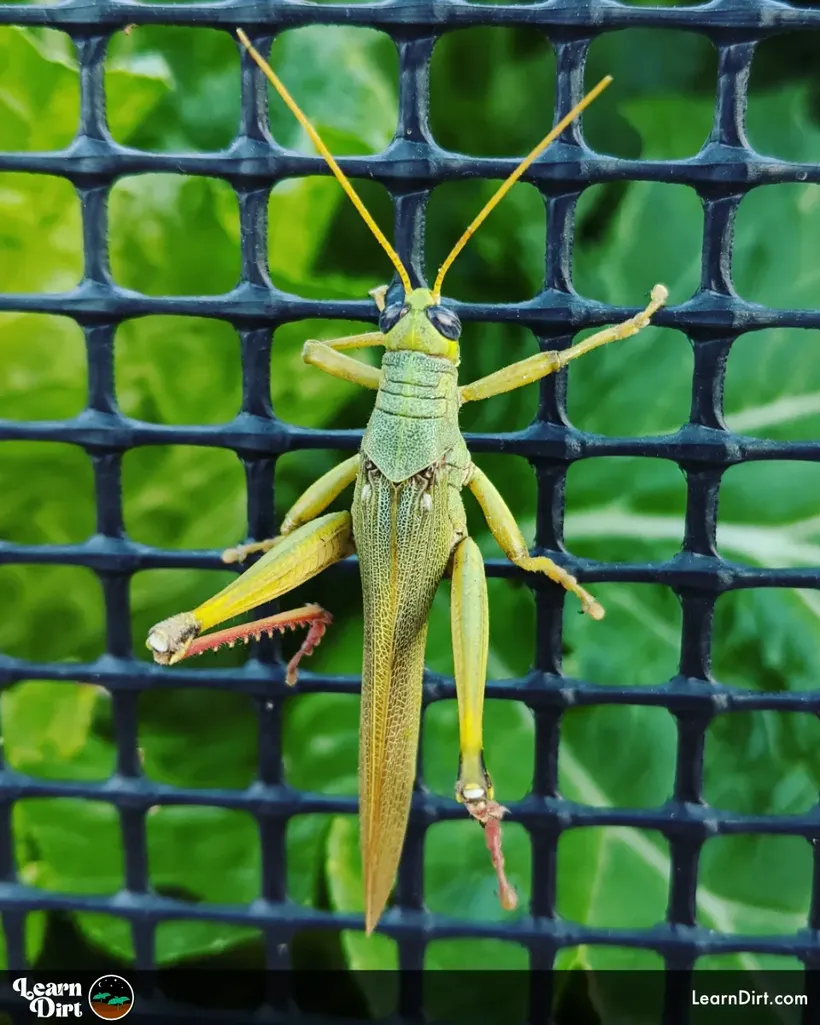
Please don't poison their food.
They point to poor soil, or a lack of biodiversity. They may indicate that your garden lacks predator habitat, or that food is not available for predators. They show you that your microbiome is not healthy or thriving.
If we looked through this lens, we would inevitably stop trying to fight the pests, and instead focus on improving the overall health of our plants and soil.
If this resonates with you, keep reading...
Is Your Garden Microbiome Healthy?
Garden ecosystem health all roots back in microbiome health.
The health of your soil microbiome informs and often almost completely informs the health of your plants and entire ecosystem.
Everything starts in the soil.
Improving soil health is a huge topic and you'll find numerous articles on how to build healthy soil on this site.
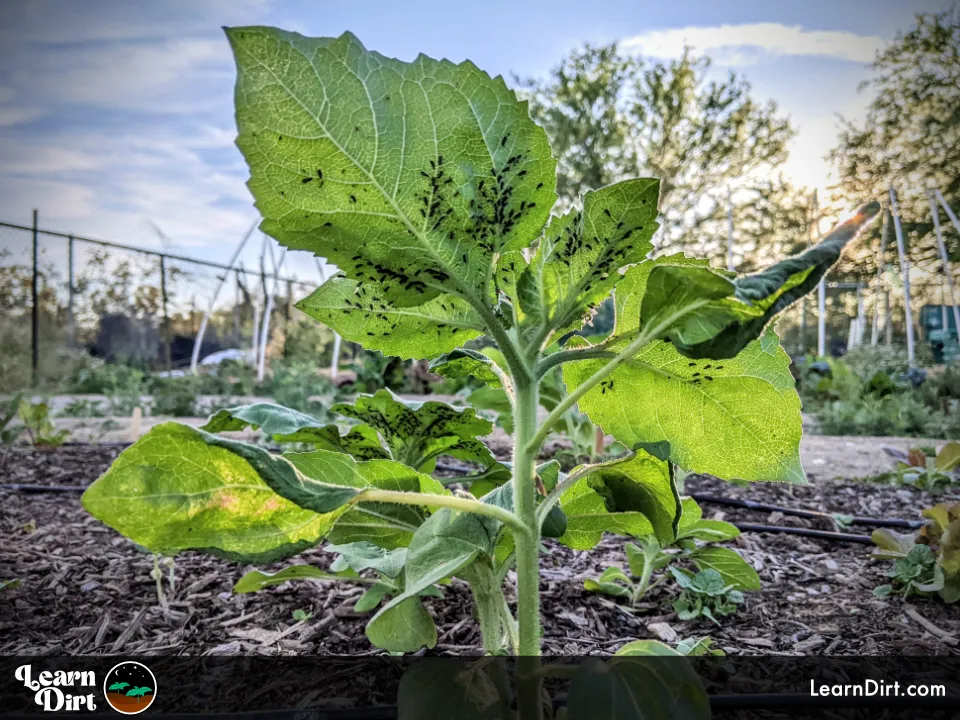
The real problem here stems from nutrient deficiencies and a lack of soil health, however, which bubble up and ultimately compromise plant health.
Here, aphids are only a symptom of this deeper underlying issue.
Some quick ideas are:
- Using natural fertilizers and organic amendments, such as compost and worm castings.
- Practicing chop & drop, and no-till gardening
- Mulching with organic matter frequently
- Growing cover crops
- Rotating crops
- Companion planting, and diverse polyculture habitats
These are just a few ideas, but learning soil-building is a great pathway towards a healthy garden.
I'd highly suggest a focus on soil health as THE most fundamental concepts of organic gardening. Healthy soil grows healthy plants, which are far less-susceptible to pests and diseases. Everything starts and ends with the soil.
Controlling Pests With Companion Planting
Companion planting is often a controversial topic.
Some gardeners swear by it, others say it's worthless and doesn't do anything.
It's important to be nuanced in our discussion of companion planting though, and understand what our goals actually are.

Rather than focus on companion plantings as repellant or deterrent, I find it more valuable to focus on companion planting for attraction.
Attraction-based companion planting further breaks down into:
- Attracting beneficials (such as predatory insects)
- Attracting pests (as trap crops)
If you'd like to delve deep into companion planting - methods, goals, and why I advocate for attraction-based companion planting over repellant-based companion planting, check out this article.
Attract Beneficial Insects
Building on the idea of companion planting above, gardeners can intentionally plant species in order to attract beneficial insects.
Think native species.
Dig Cool Merch?
Native beneficial bugs love native flowering species.
When pest populations don't quite give beneficials enough food or variety, native flowers can provide supplemental food for predatory insects so they stick around.
A diverse planting of native flowers can be a veritable buffet for ladybugs, lacewings, hoverflies, etc. who feed on pollen and nectar when prey is in short supply.
The longer these beneficial friends hang out around your garden, the higher the chance that they reproduce and multiple - scaling up your defenses against the pests that annoy you.
You can also create habitat for beneficial bugs by planting trees and hedgerows so they have somewhere to hide and sleep. Bonus points for the wildlife who will also utilize these, and the windbreak aspect. Nothing like a good hedgerow surrounding your garden or field!
While there are lots of specific plants and techniques for attracting helpful predators into your garden, the primary focus should be on planting native species.
Lastly, it's important to have a diverse ecosystem in your garden. By planting a wide variety of plants, you create a habitat for an equally-diverse variety of insects and animals, including beneficial predators.
This can all help to maintain a balance in your garden, and reduce the likelihood of a pests taking over.
Introduce Beneficials (Carefully) Into Your Garden
If you're struggling to attract the beneficial insects needed to control your garden pests, introducing them can be very effective.
This is especially true in greenhouses, where plants are more isolated from the outer environment and access for predators is more limited because of it.
Of course I have to mention here that if you're going to introduce species into your ecosystem you must do so CAREFULLY!
It's very important that you do your research here and are sure you're not introducing a potential invasive. This is why I list this option last, and only suggest it for experienced agroecologists and holistic gardeners.
If you've got an indoor garden, however, introducing beneficials has much less risk and much more upside.
In indoor gardens and grow tents there is almost 100% isolation from the outside ecosystem - so many predators will only exist there if you introduce them.
Indoor gardens are particularly susceptible to imbalance, because more pests tend to be introduced via eggs and larvae in soil than beneficials.
Additionally, indoor environments tend to have less flowering plants, pollen, and nectar to provide supplemental food for predators. This can make it more difficult for beneficial predators to survive in your indoor garden vs pests.
For all these reasons, introduction of beneficial bugs can be a crucial strategy for indoor organic grows.
You can purchase beneficial insects from local nurseries or online, and release them into your garden, farm, greenhouse, or grow tent.
Just be careful that you understand exactly what species you're buying, its climate / condition tolerances, and the possible effects on your local ecosystem.
It's extremely important not to accidentally release invasives into your ecosystem, so do your full research be responsible.
Natural Control for Specific Garden Pests
- Ants
- Aphids
- Black Soldier Flies
- Cabbage Worms
- Cucumber Beetles
- Fungus Gnats
- Gophers
- Grasshoppers
- Ground Squirrels
- Hornworms
- Mosquitos
- Rabbits
- Thrips
- Whiteflies
- Woodlice
Final Thoughts...
Controlling pests naturally is the better alternative to synthetics and pesticides. It's better for the entire ecosystem, and for the overall health of your garden.
Rather than indiscriminately poisoning everything, allow your ecosystem to balance itself through the wisdom of nature.
Rather than imposing your will and eradicating bugs you don't like, try shepherding the delicate balance of your garden's ecosystem.
Through focus on building healthy soil, companion planting, attracting beneficials, and fostering a diverse ecosystem you can effectively manage pests without poisoning the whole system.
Remember, pests are simply messengers – the real focus should be on growing healthy plants and improving the health of your soil overall.
Balancing your permaculture ecosystem can take a few years, so patience is a real virtue here. I've observed that it takes around 3 years for new garden ecosystems to become balanced.
Trust that long-term results will be worth early frustrations, and ditch those nasty synthetics when you're ready to move towards a more holistic approach to controlling pests naturally.
Happy gardening, y'all!
That's all for now, thanks for reading!
If you have any questions, comments, or would like to connect with fellow gardeners, head on over to the forum and post there.

![Don't Till Away Your Carbon [Neon]](/media/product_images/dont-till-away-your-carbon-[neon]_shirt_260x260.png)
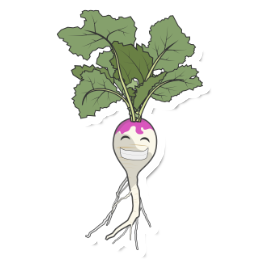

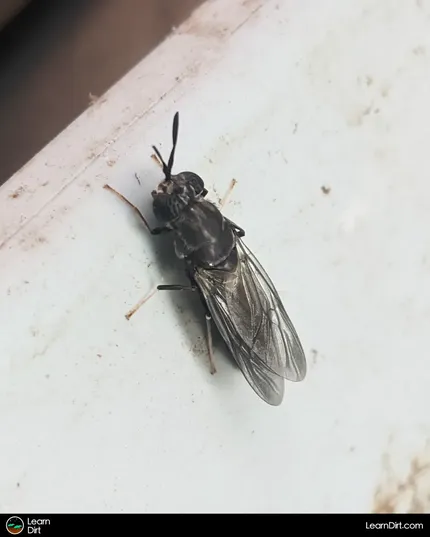
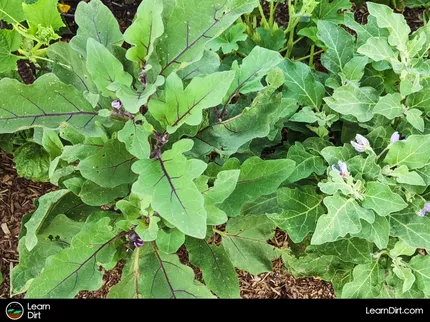
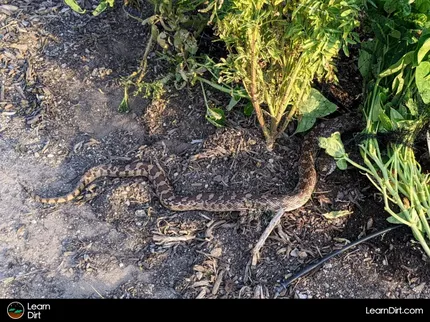

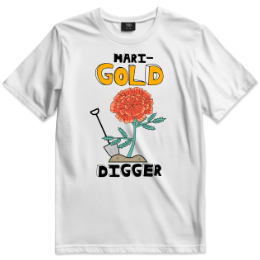

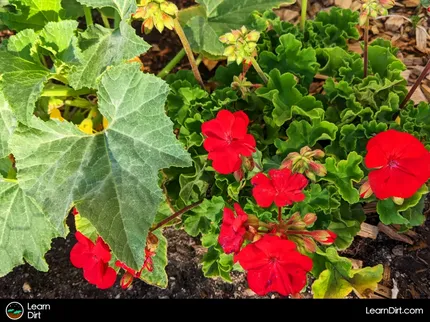
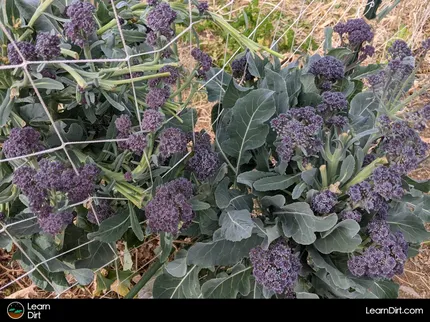
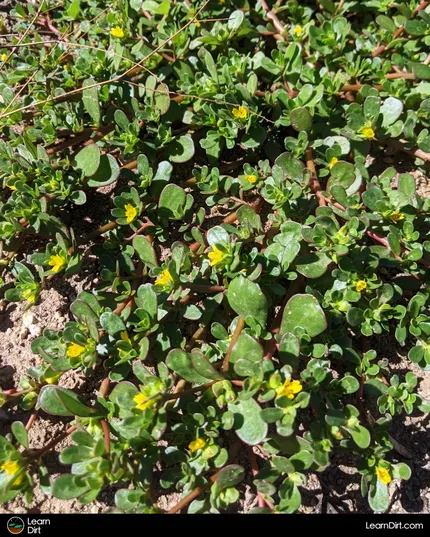
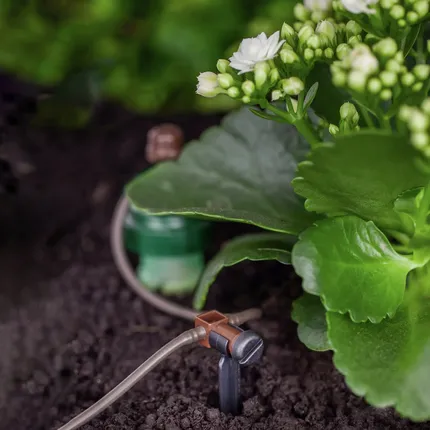
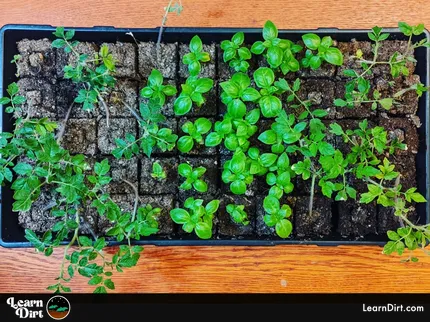
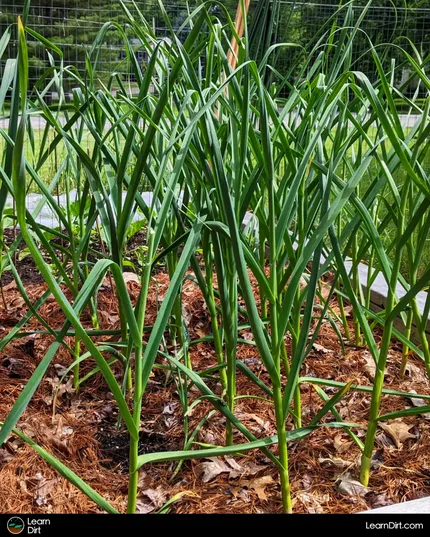
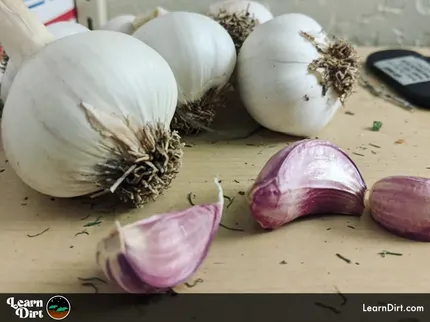
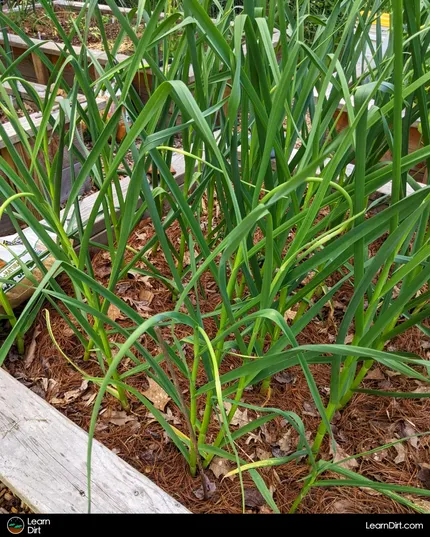
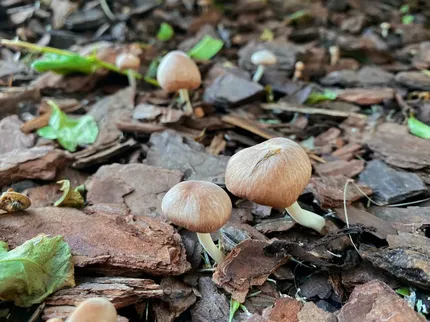



![Black Dirt Live Again [Green] Sticker](/media/product_images/black-dirt-live-again-[green]_sticker_260x260.png)
